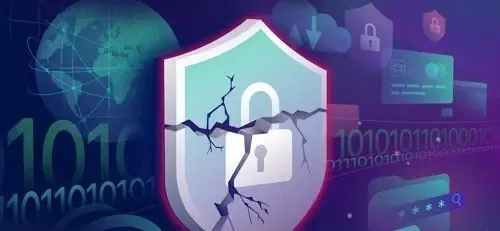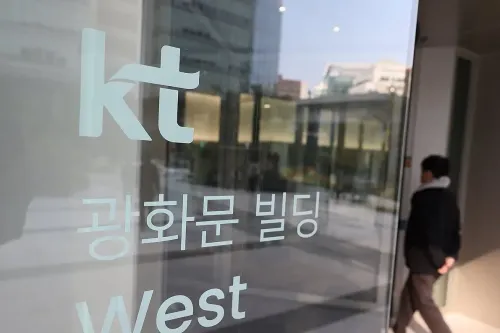Is South Korea Ready to Inspect 1,600 Public and Financial Systems?

Synopsis
Key Takeaways
- 1,600 IT systems to be inspected nationwide.
- Inspection covers public, financial, and telecommunications sectors.
- Stricter measures for telecom companies with real-world hacking simulations.
- On-site investigations without prior notice to prevent concealment of breaches.
- Increased penalties for security violations.
Seoul, Oct 22 (NationPress) The South Korean government announced on Wednesday that it will undertake a thorough evaluation of information technology (IT) systems across public, financial, and telecommunications sectors as part of its nationwide cybersecurity strategy in response to recent data breaches involving major mobile carriers.
"To alleviate increasing public concerns regarding hacking, a detailed security vulnerability assessment will be conducted immediately on approximately 1,600 IT systems utilized by the majority of citizens in the public, financial, and telecommunications sectors," stated the Ministry of Science and ICT along with other relevant ministries in a joint press release.
The assessment will include 288 public infrastructure facilities, 152 central and provincial administrative institutions, 261 financial firms, and 949 telecommunications and platform operators, as reported by Yonhap news agency.
Authorities indicated that they plan to implement more stringent inspection techniques for telecom companies by simulating actual hacking scenarios.
This announcement follows significant data breaches reported in recent months involving major telecom firms and a credit card company, including SK Telecom Co., KT Corp., and Lotte Card Co., which have heightened public concerns regarding safety in the nation’s financial and mobile network infrastructure.
In addition to these measures, the government aims to establish a coordinated and systematic response framework among involved agencies to enhance investigation and prevention strategies.
Regulations will be amended to permit on-site inspections without prior notice to prevent companies from hiding cases of cyber intrusion, according to the ministries.
Stricter penalties will be enforced for entities breaching security obligations, including delays in reporting hacking incidents, neglecting preventive measures, and repeated breaches of personal or financial data.
Furthermore, the government intends to introduce regulations that mandate all listed companies to disclose their cybersecurity expenditures.










